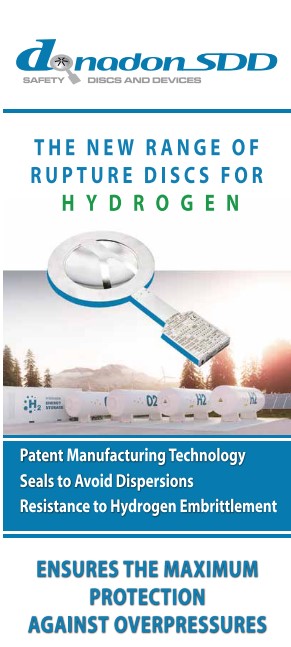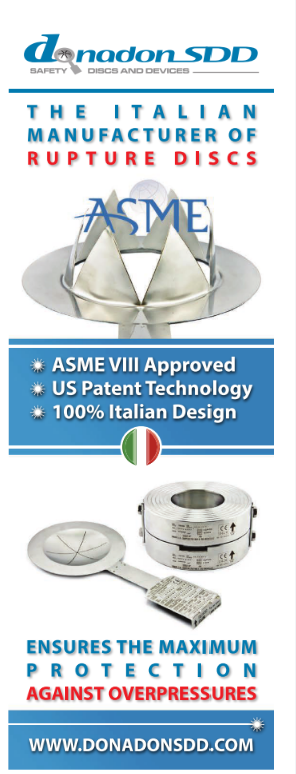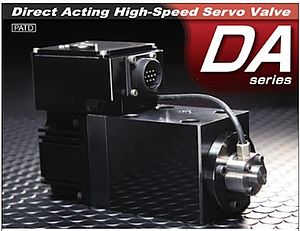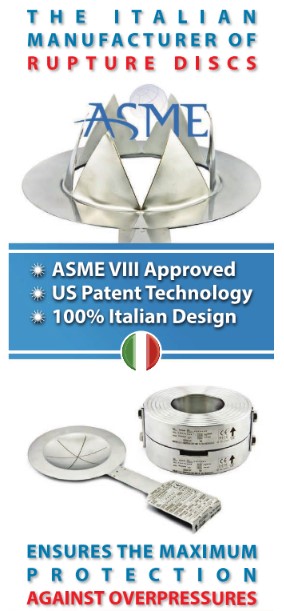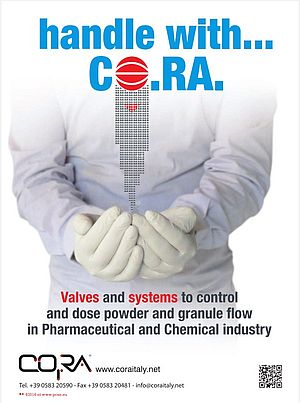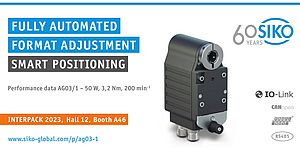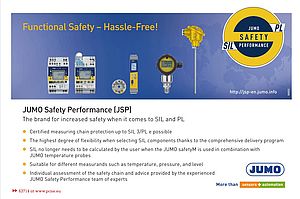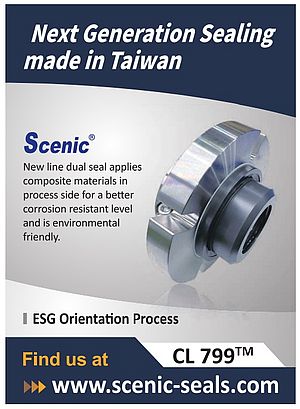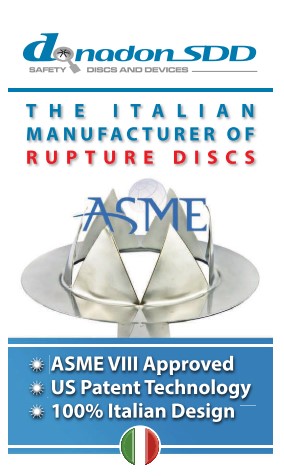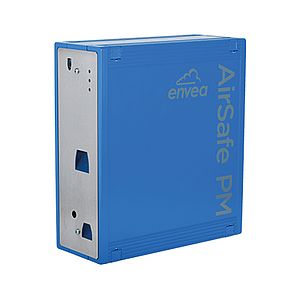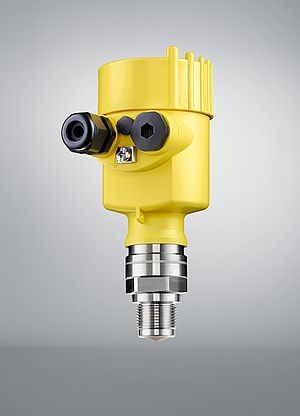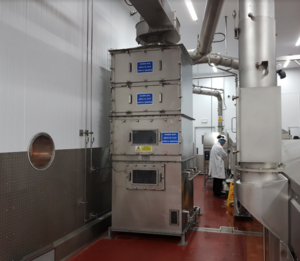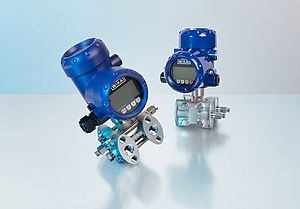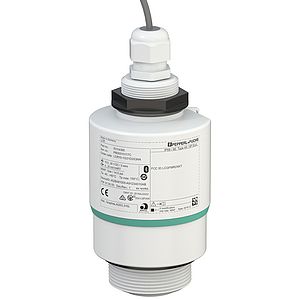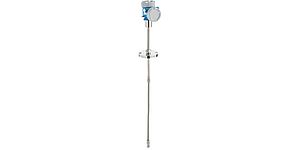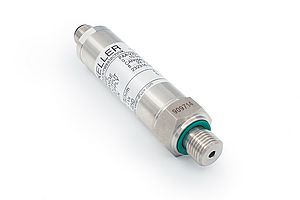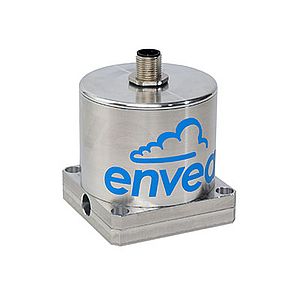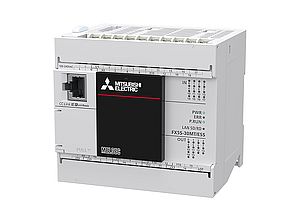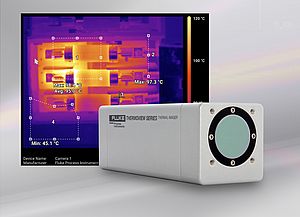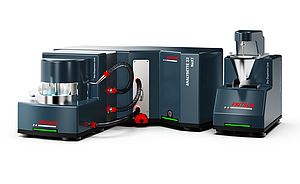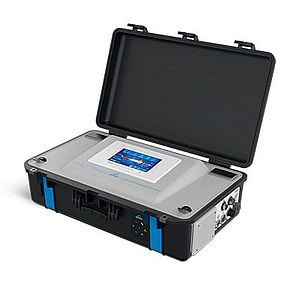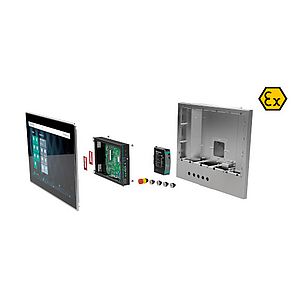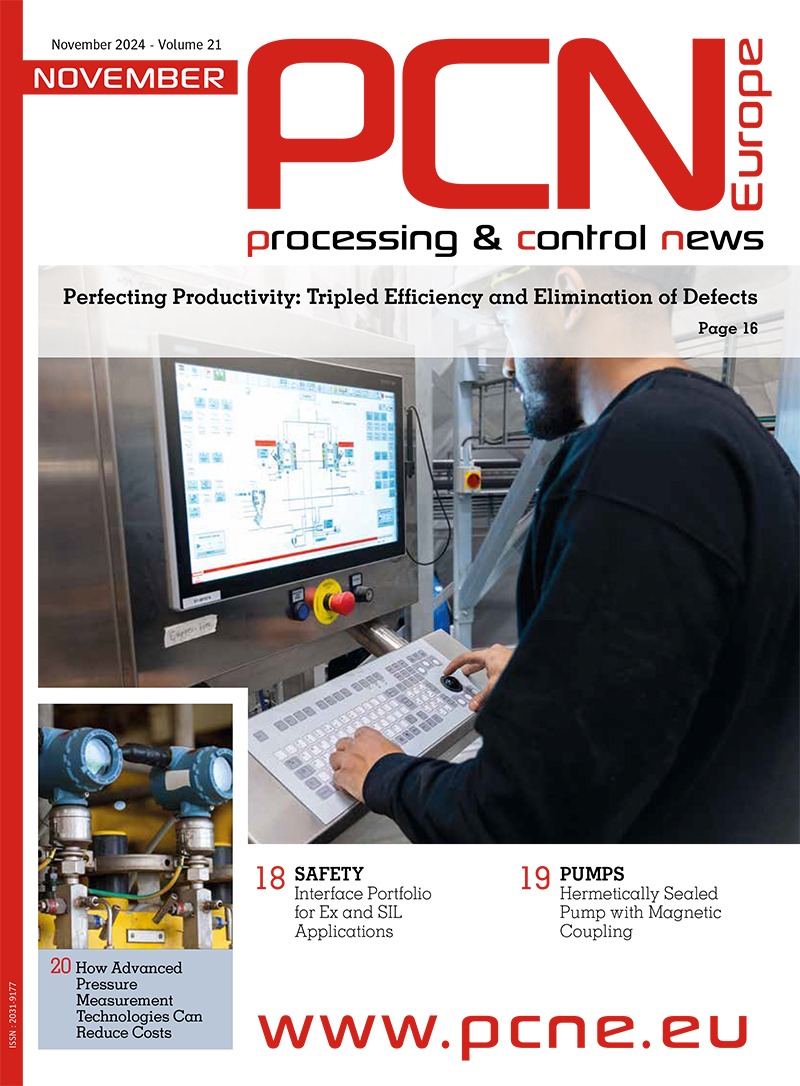Emerson Process Management introduces the Micro Motion® Heavy Fuel Viscosity Meter (HFVM) Viscomaster, the next generation of the Micro Motion 7829 Viscomaster direct insertion viscosity and density meter. Making use of the same rugged and reliable tuning fork design as its predecessors, the HFVM incorporates a new robust low friction Diamond-like Carbon (DLC) coating. This makes it ideal for tackling the most demanding of process applications such as marine heavy fuel oil (HFO) combustion control, marine gas oil (MGO) viscosity control and land-based fired heaters.
The head-mounted transmitter is hazardous area approved and has the flexibility to connect to control systems via a wide range of digital and analogue protocols. System integration and start up commissioning costs are significantly reduced due to the support from 4-20mA, HART®, WirelessHART® and RS485 Modbus communications. The HFVM accepts and processes external signals from other field instrumentation such as temperature and mass/volumetric flow devices, enabling the meter to calculate and output enhanced process measurements while minimising installation and cabling costs.
"We designed the HFVM Viscomaster to help solve problems that our customers face on a daily basis such as maximising engine power output irrespective of fuel quality variations, optimising HFO/MGO cut-over times and reducing fiscal exposure through improved NOx/SOx management," said Andrew Sgro, Micro Motion density and viscosity product line manager.
The HFVM also incorporates a new diagnostic capability called Known Density Verification (KDV) that checks the meter for measurement alarm conditions, sensor integrity and the presence of coating, erosion or corrosion. This new technology expands the availability of diagnostic information in critical viscosity and density measurement applications which can result in significant maintenance costs and cycle time reductions.
Marine approvals for the meter include Lloyds, Germanische Lloyd, Det Norske Veritas (DNV) and Bureau Veritas (BV).














